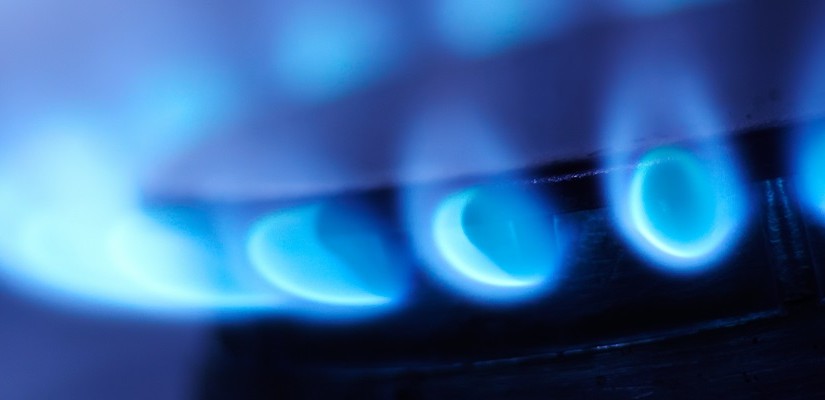Sims lays blame on governments, not just gas giants, for crisis
 Australian Competition & Consumer Commission boss Rod Sims says recent events in the east coast gas market have confirmed the watchdog’s “worst fears”.
Australian Competition & Consumer Commission boss Rod Sims says recent events in the east coast gas market have confirmed the watchdog’s “worst fears”.
Speaking at the recent Australia Domestic Gas Outlook Conference in Sydney, Sims called for new and more diverse sources of gas supply into the domestic market.
Just as Australia’s gas market has been opened up to a significant amount of international competition, several state governments are making it harder for new gas developments to take place.
The result is a new norm where domestic gas buyers – including major industrial customers – have to compete on an international level, and buy gas at a significantly higher cost than in the recent past.
“The outlook for gas supply is now even worse than it was a year ago,” Sims said. “Indeed, our worst fears are being realised.”
He said while the word “crisis” can be overused, the scarcity of available gas on the east coast has seen prices increase above historic levels as much as fourfold.
These price increases, he said, have seen a significant reduction in gas used for electricity generation, and are expected to flow through to significantly higher prices for residential customers.
“The most important problem, however, perhaps the real crisis, is the difficulties faced by industrial companies who rely on gas as a feedstock or as an energy source.
“Some are experiencing difficulties gaining supply; all are, or seem likely to, face huge price hikes that will perhaps permanently damage their businesses.”
He said Australia has a surprising number of industrial companies for whom gas makes up 15-40% of their costs.
“Australia often makes it hard to be involved in manufacturing. We are now making it extremely difficult, if not impossible, for some,” he said.
Sims called for state governments to reconsider recent tough stances on new gas exploration.
He said the three major LNG developments in Queensland, blamed by many for worsening the crisis, should not be under the spotlight.
“If there is a criticism of the three LNG producers it is that they fell into the usual commodity project trap of assuming then-high $100 plus oil prices would continue, when long run average prices of around $55 would have been a better planning assumption,” he reasoned.
“The three LNG producers, however, could not have foreseen that after their investment decisions were made east coast onshore gas exploration and development would be largely prevented.
“I doubt anyone in the industry expected Victoria to ban all onshore gas exploration and production which has stopped even conventional gas projects; nor could they have foreseen the delays and uncertainty over projects in NSW and the NT.
“It is of course up to Governments to make such decisions.
“Having made them, however, it is difficult to see how people can then criticise the commercial contracts that were freely entered into by the LNG producers at a time when the likely supply outlook was very different.”
